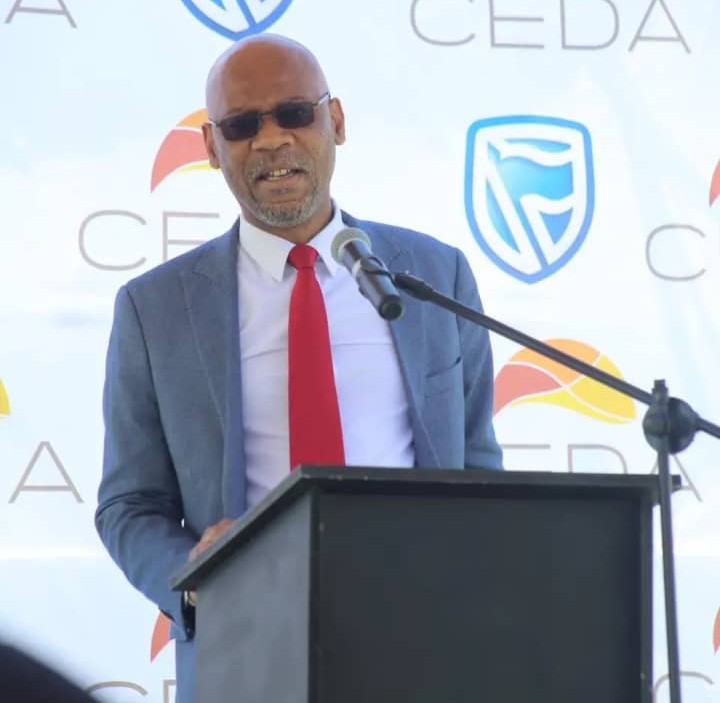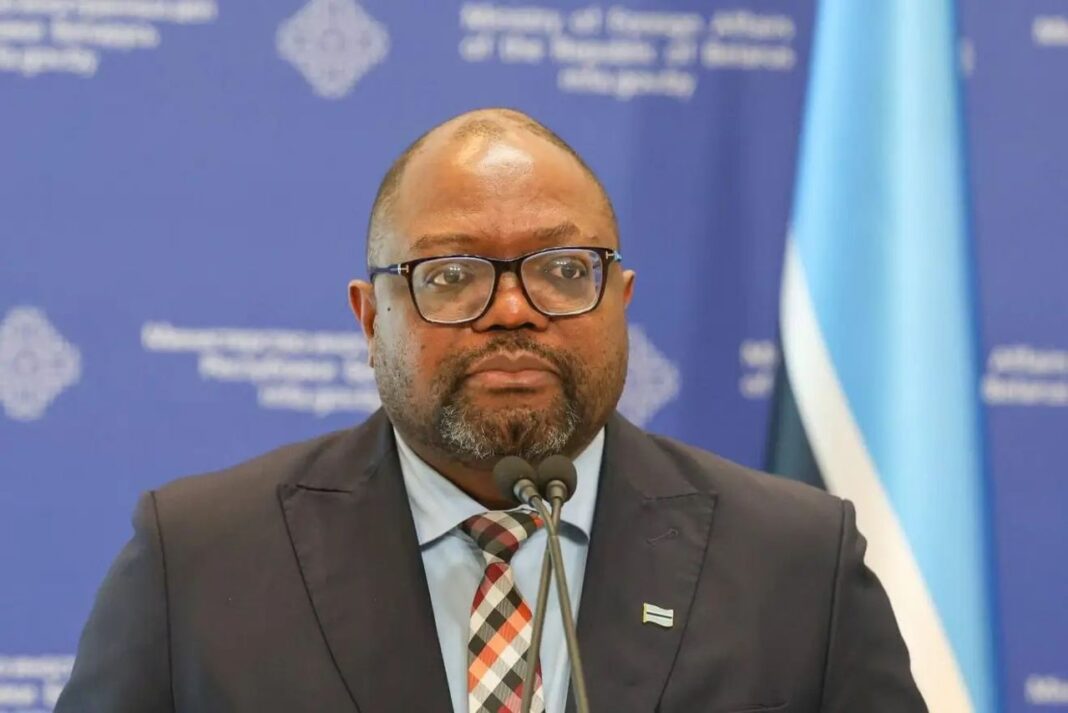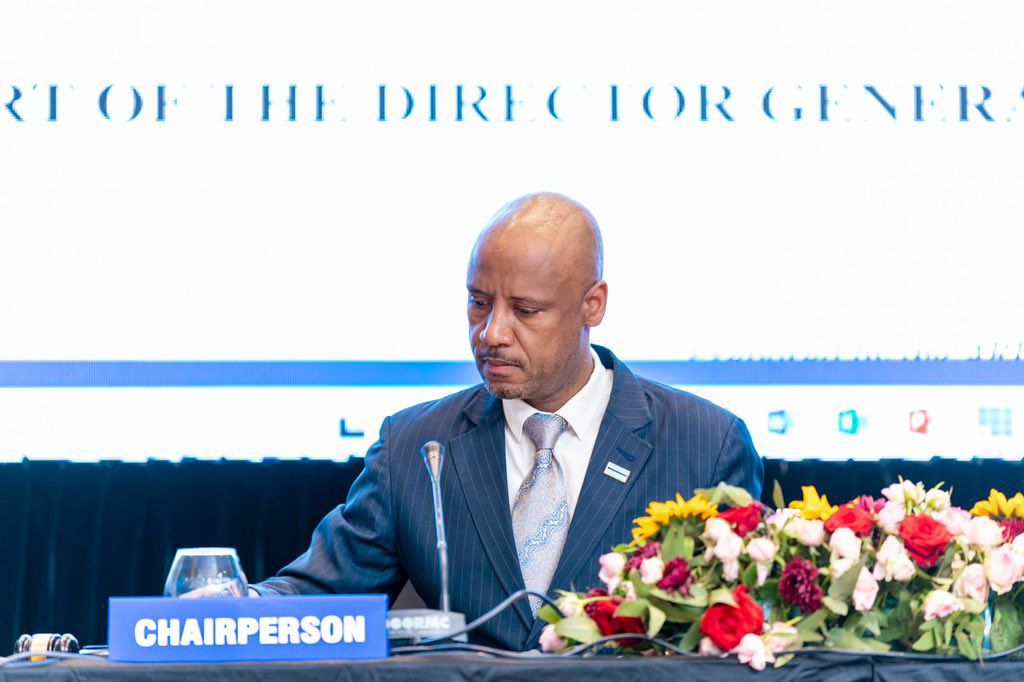In a bold move to accelerate its national economic diversification agenda, the Botswana government has appointed four new Chief Executive Officers(CEOs) and a Registrar General to lead key State-Owned-Enterprises or parastatal organisations as otherwise referred to.
The strategic appointments, which took effect on August 1, 2025, signal a concerted effort to enhance service delivery and bolster the nation’s economic transformation.
The new leadership is tasked with spearheading the Botswana Economic Transformation Programme (BETP), a comprehensive national initiative launched by President Duma Boko on June 15, 2025. This ambitious blueprint aims to revitalise the economy and reduce the nation’s profound reliance on diamond revenues, which have historically accounted for 80% of Botswana’s exports.
The urgency behind these appointments is underscored by recent economic challenges. The country experienced a significant 50% drop in diamond revenues during the first nine months of 2024, a persistently high unemployment rate of 27.6%, and a projected slowdown in economic growth to 3.1% in 2024. These stark indicators highlight the critical need for a fundamental shift in the national economic structure. The BETP is structured around four key pillars: transitioning the economy towards services, becoming a regional financial hub, leveraging political stability to attract investment, and promoting sustainable, inclusive growth.
Who are the new CEOs?
The new appointees bring a wealth of experience to their roles, each of which is critical to the success of the BETP.
The new Managing Director of the Botswana Development Corporation (BDC), Oteng Keabetswe is poised to drive the nation’s investment strategy. The BDC, the government’s primary investment arm, is tasked with facilitating the development of new industries and value chains. With over 13 years of experience in corporate finance, advisory, and private equity, Keabetswe has a proven track record of deploying over US$300 million across various industries. His expertise in debt structuring, leveraged finance, and strategic leadership aligns perfectly with the BDC’s mandate to channel investment into non-diamond sectors and pioneer new industries.
At the Citizen Entreprenuarial Development Agency(CEDA), Khalala Mokefane steps in as the Chief Executive Officer , a pivotal organisation for citizen economic empowerment. CEDA is responsible for providing funding and support to citizen-owned businesses. Mokefane’s background as the head of wholesale banking at Bank Gaborone, where he spearheaded a P200 million pledge for Debswana’s Citizen Economic Empowerment Policy, demonstrates his ability to mobilise significant financial resources and foster strategic partnerships. His leadership is expected to invigorate CEDA’s efforts to create citizen-led job opportunities and business growth, a key pillar of the BETP.
Further, Thato Vincent Jensen has been appointed Chief Executive Officer of the Local Enterprise Authority (LEA), which promotes entrepreneurship and develops Small, Medium, and Micro Enterprises (SMMEs). Jensen, who previously served as the Chief Strategy Officer at CEDA, brings a strong capacity for strategic leadership and institutional development. His role at LEA will be crucial in building a robust entrepreneurial ecosystem through a comprehensive suite of services, including training, mentoring, and business incubation. The development of SMMEs is foundational to Botswana’s economic diversification and job creation goals.
Meanwhile, Godfrey Molefe assumes the role of Registrar General at the Companies and Intellectual Property Authority (CIPA). CIPA is a cornerstone of Botswana’s business environment, responsible for company registration, corporate governance, and the protection of intellectual property. While specific details of Molefe’s professional background are not publicly available, his appointment to this critical position suggests a strong background in legal frameworks and administrative oversight. His leadership will be vital in ensuring the integrity and efficiency of the regulatory framework that underpins investor confidence, a key element of the BETP.
These appointments are not isolated events but rather a coordinated effort to strengthen the institutional framework supporting Botswana’s economic transformation. The mandates of the BDC, CEDA, LEA, and CIPA are highly interconnected, creating a powerful ecosystem for growth. The success of one organisation often depends on the effectiveness of another, and the new leadership is tasked with fostering this synergy. For example, BDC’s strategic investments can create opportunities for CEDA-funded businesses and LEA-supported SMMEs, all operating within the transparent framework provided by CIPA. This collaborative ecosystem is essential for the holistic success of the BETP.
In conclusion, these strategic appointments mark a pivotal moment in Botswana’s journey toward a more diversified and resilient economy. By placing experienced leaders at the helm of these vital institutions, the government is demonstrating its unwavering commitment to the BETP. The collective expertise of these new leaders is expected to drive innovation, create jobs, and foster a more inclusive and robust economy for all Batswana, moving the nation beyond its traditional reliance on diamonds.



